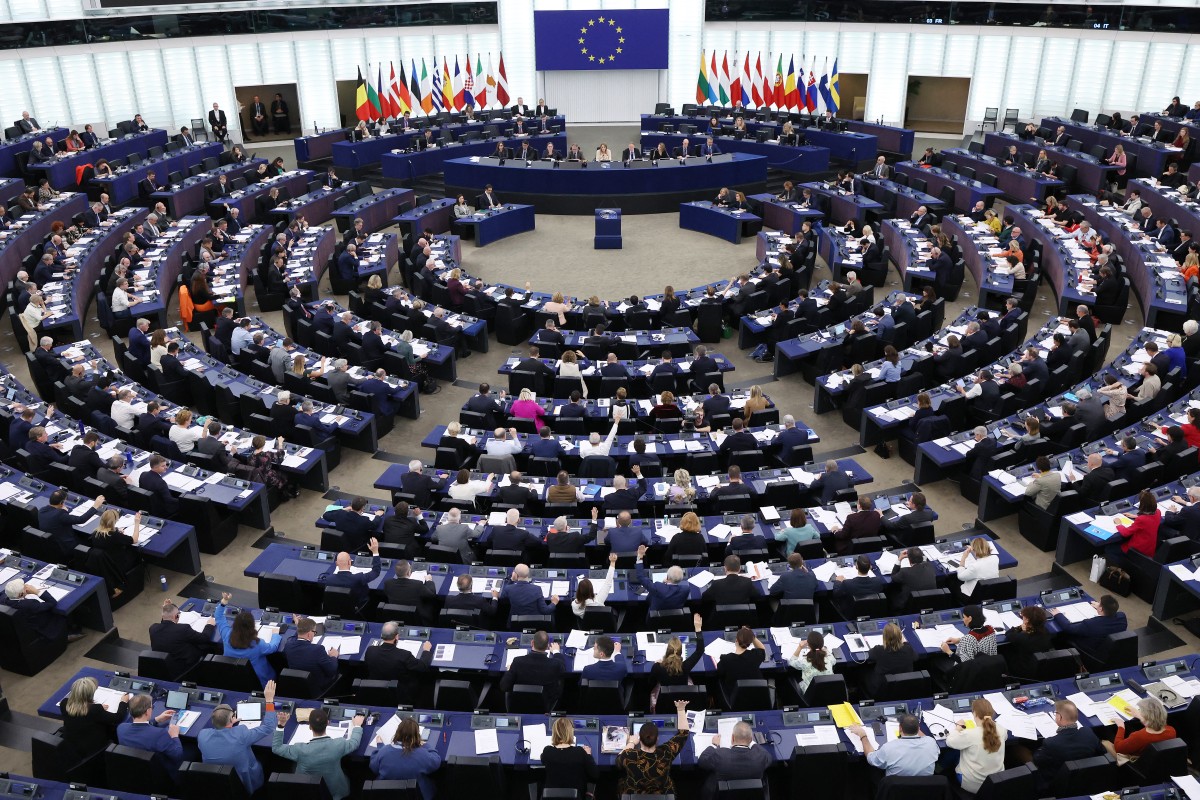Brussels, Belgium – The European Parliament and EU member states agreed draft new rules on Thursday that are intended to protect journalists and activists from abusive lawsuits used to silence public criticism.
European Commission president Ursula von der Leyen said on X, formerly Twitter, that she welcomed the agreement to “protect those who try to reveal inconvenient truths”.
So-called Strategic Lawsuits Against Public Participation (SLAPPs) are aimed at intimidating critics with burdensome legal action.
Even if the actions sometimes seem likely to fail, media outlets and NGOs are often forced to back down, fearing lengthy and costly legal battles.
The new rules would allow a person targeted by a SLAPP lawsuit to request a rapid rejection by the courts.
A court can also decide to make the plaintiff bear the costs of the proceedings, particularly the legal fees of the person facing the lawsuit.
The European Commission first proposed the draft directive in April 2022 to combat these abusive procedures, expressing concern about their increasing use.
The commission also recommended that European Union countries should not recognize or enforce SLAPP cases brought against them in non-EU countries, such as Britain.
Rich plaintiffs flock to London — dubbed the world’s “libel capital” — to bring lucrative cases under British law, which places the burden of proof on journalists.
The agreement will still need to be formally approved by the European Parliament.








